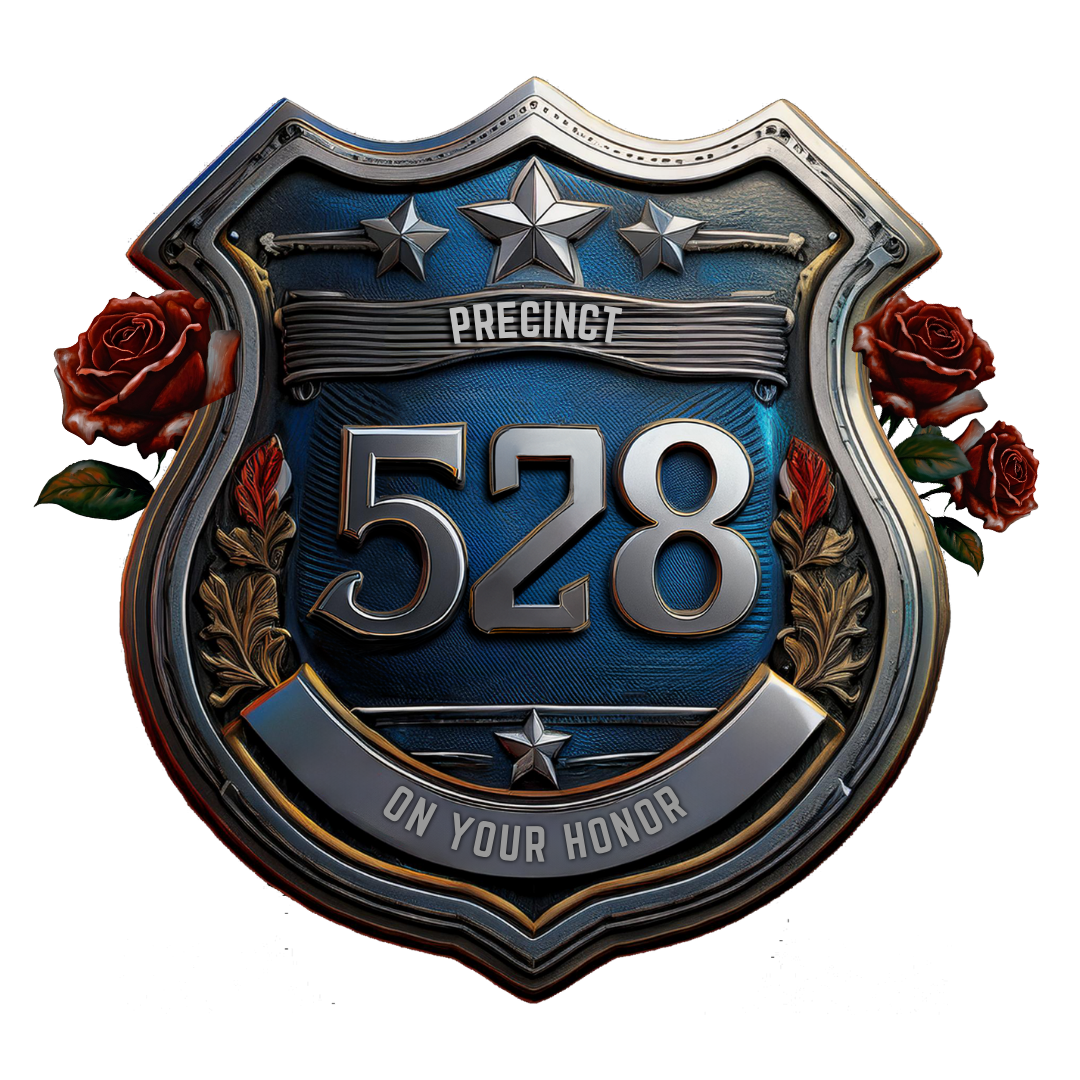How to Prepare for a Career in Law Enforcement: Advice for Aspiring Officers
A career in law enforcement is both challenging and rewarding. Officers serve as the backbone of their communities, ensuring public safety while facing unpredictable and high-pressure situations. If you're considering joining the ranks of law enforcement, preparation is key. Here’s a step-by-step guide to help you get ready for this demanding yet honorable profession.
1. Understand the Role and Responsibilities
Before committing to a career in law enforcement, it’s crucial to fully understand what the job entails. Police officers enforce laws, respond to emergencies, conduct investigations, and work closely with the community. The job requires quick decision-making, physical and mental resilience, and a strong sense of integrity.
2. Meet the Basic Requirements
Each law enforcement agency has its own set of eligibility criteria, but generally, applicants must:
Be at least 18 or 21 years old (depending on the department)
Be a U.S. citizen or legal resident
Have a high school diploma or GED (some agencies prefer college degrees)
Possess a valid driver’s license
Have no felony convictions
3. Pursue Higher Education (Optional but Beneficial)
While a high school diploma is the minimum requirement, many agencies prefer candidates with some college education or a degree in criminal justice, law enforcement, or a related field. A degree can improve your chances of career advancement and provide a deeper understanding of the legal system.
4. Stay Physically Fit
Police work can be physically demanding. Departments require recruits to pass physical fitness tests, which include running, push-ups, sit-ups, and obstacle courses. Regular exercise, strength training, and endurance workouts can help you meet these requirements.
5. Develop Strong Communication Skills
Effective communication is crucial in law enforcement. Officers must interact with the public, write reports, testify in court, and de-escalate tense situations. Practicing active listening, clear speaking, and professional writing can give you a strong foundation.
6. Prepare for the Police Academy
Once hired, recruits attend a police academy where they receive extensive training in:
Criminal law and constitutional rights
Firearms handling and safety
Defensive tactics
Emergency response and first aid
Community policing strategies
Passing the academy is mandatory to become a certified officer, so preparation is crucial.
7. Gain Real-World Experience
Consider gaining experience through internships, ride-alongs, or volunteer work with law enforcement agencies. Programs like police explorer programs, community service work, or security positions can provide valuable insights into the profession.
8. Pass the Selection Process
Most law enforcement agencies have a rigorous selection process that includes:
A written exam
Physical fitness test
Background check
Psychological evaluation
Polygraph test
Panel interview
Preparing thoroughly for each step increases your chances of success.
9. Embrace a Strong Ethical Code
Integrity is the foundation of policing. Officers must uphold the law fairly, remain accountable for their actions, and act in the best interest of their communities. Developing a strong moral compass and ethical decision-making skills will serve you well in your career.
10. Commit to Continuous Learning
Law enforcement is constantly evolving with new laws, technologies, and challenges. Officers who embrace ongoing education, attend training sessions, and stay informed about changes in policing strategies will be better prepared to serve their communities effectively.
Our Final Thoughts:
A career in law enforcement is not just a job—it’s a calling. It requires dedication, courage, and a genuine desire to protect and serve. By preparing yourself physically, mentally, and ethically, you can build a strong foundation for a successful and honorable career in law enforcement.
